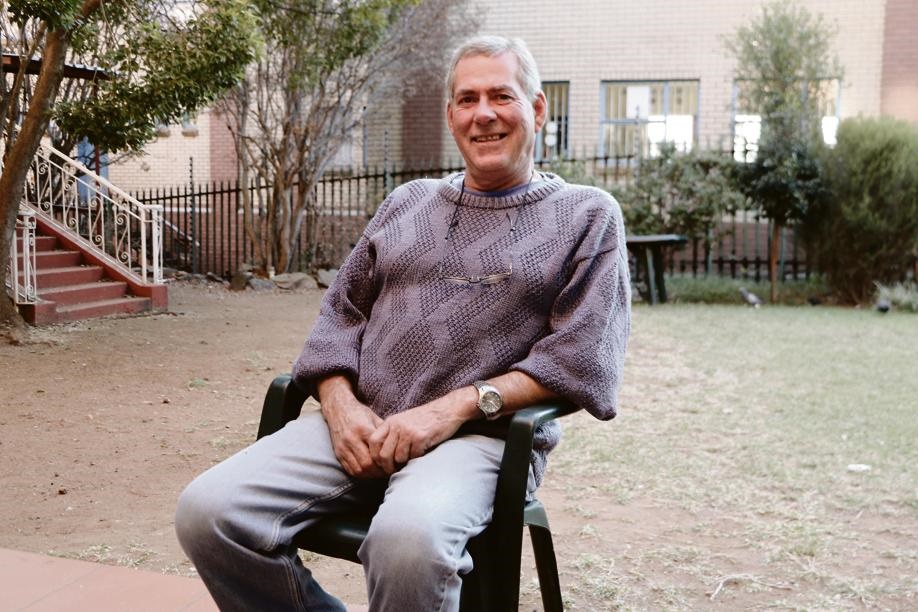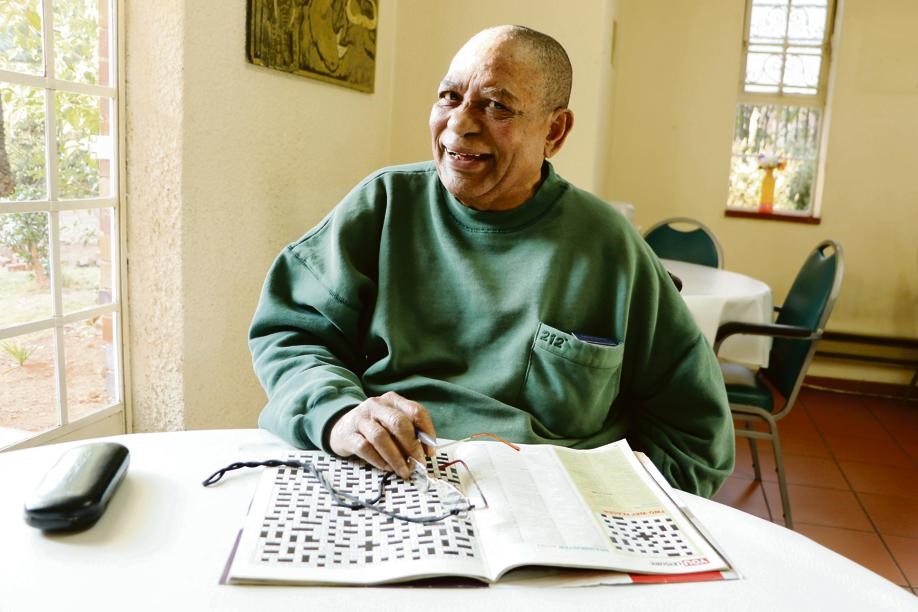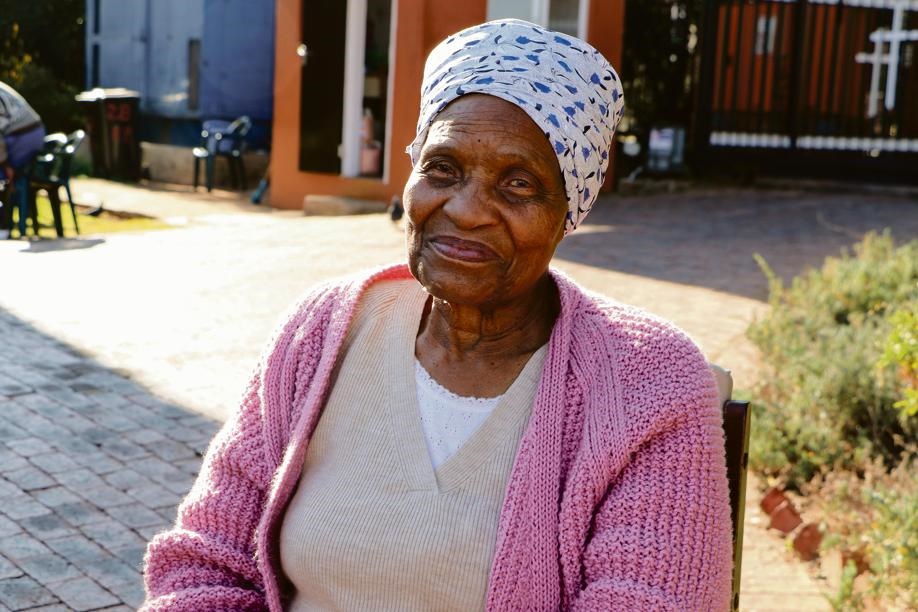In the next instalment of her series, photojournalist Zahra Haider visits an old age home in the northwestern suburbs of Johannesburg and speaks to some of its residents about youth, old age and their memories of June 16 1976
ROBERT TAYLOR
At that time, it was not easy to have friends from other races because of the white government. It was completely wrong, but what could we do? We were forced to be that way.
I played soccer with black kids and we were all fond of each other. I was still a bit young, so I was unsure of what was going on. I understood their issues, but they never brought it up.
When I was young, South Africa was a clean place, but look at it now. I think the country was run properly in those days. There was work for everybody. Sure, in a way it was at the expense of black people.
But there was enough work for them and they were paid properly. The same thing was happening all over the world.
HAROLD LOUW
In those times, blacks got arrested going to work and went to jail for months at a time. It was such a hassle for them. On June 16, I came home from work and everyone said there was a lot of shooting and tear gas. I was wondering what was happening.
The kids were striking against Bantu education and were forced to learn Afrikaans. How can you force someone to use Afrikaans as a medium of learning when it is not their native tongue?
Our kids went to a coloured school, so we were not directly affected by the events of 1976, but it made our children very curious.
They asked us: Why are kids getting shot? Why isn’t it happening at our schools? Why is it only the Africans? They had a lot of questions we had
to answer.
MARTHA NDABA
Iremember very well what times were like then. We were nothing to the Dutch people. We were doormats to the whites. It is easy for someone who was not alive then to move on, but I will never forget. I know where we come from.
In 1976, children were strong. They used to have their meetings in the Regina Mundi church, standing up for their rights, fighting for themselves. But the police were very rough. They were shooting the kids left and right. Youngsters were dropping like flies. I remember a small boy of about four years old, who came out of a building and yelled: Power! The police shot him.
The children were fighting back with stones. A stone and a gun. It is a different story. How can I forget the person who lifted us from this dirt, someone who spent 27 years in prison and was willing to die for us? The country shook when he was released. I will never forget the joy in the streets.




 Publications
Publications
 Partners
Partners











